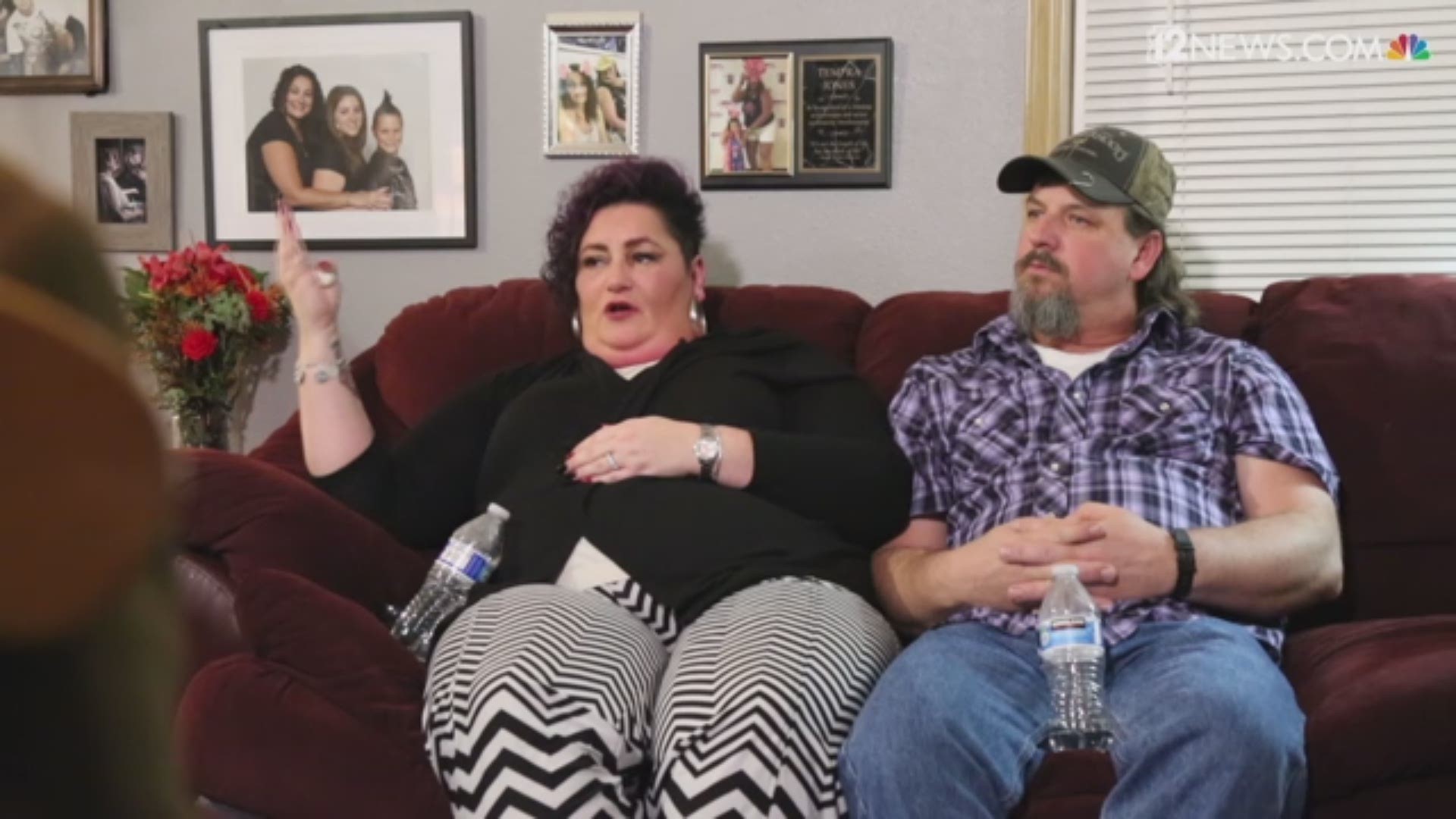![Feds to clampdown on payday loan 'debt trap' [video : 85320492]](http://videos.usatoday.net/Brightcove2/29906170001/2016/06/29906170001_4925165811001_4925168949001-vs.jpg?pubId=29906170001)
Battling over a proposed new rule on payday loans began Thursday, with supporters saying it would protect needy borrowers and opponents warning it would cut access to credit and threatening a lawsuit.
![PAYDAY LOAN RULE PROPOSAL [image : 85310066]](http://www.gannett-cdn.com/media/2016/06/02/USATODAY/USATODAY/636004819000020849-AP-Payday-Loans-Backlash.jpg)
Rhetorical skirmishes began as the Consumer Financial Protection Bureau issued a plan that would require providers of payday loans, auto title loans and other small-dollar advances to determine their borrowers' ability to repay the short-term debts that can have annual interest rates as high as 390%.
The plan, open for public comment until Sept. 14, would simultaneously restrict lenders from making repeated debit attempts on accounts of delinquent borrowers, a tactic that adds new fees and charges to the loans. The CFPB also launched an inquiry into open-ended lines of credit and tactics lenders use to seize wages, vehicles or other personal property from borrowers who miss repayment deadlines.
The proposal has an influential endorser-in-chief. President Obama used a March 2015 speech to say a payday lender "should first make sure that the borrower can afford to pay it back."
![Obama pushes payday lending rules in Alabama [oembed : 85310140] [oembed : 85310140] [oembed : 85310140] [oembed : 85310140] [oembed : 85310140] [oembed : 85310140] [oembed : 85310140] [oembed : 85310140] [oembed : 85310140] [oembed : 85310140] [oembed : 85310140] [oembed : 85310140]](/Portals/_default/Skins/PrestoLegacy/CommonCss/images/smartembed.png)
"We have made clear our view that the credit products marketed to these consumers should help them, not hurt them," CFPB Director Richard Cordray said at a Kansas City, Mo., hearing on the issue Thursday. "And our research has shown that too many of these loans trap borrowers in debt they cannot afford."
Cassandra Gould, a minister and representative of Missouri Faith Voices, agreed. One of dozens of speakers at the hearing, she told of a professional woman who got a payday loan to cover a car repair, but couldn't repay in full weeks later when the loan came due. According to Gould, the lender debited the woman's account 15 times in one day, starting a debt spiral that ultimately cost the borrower her apartment.
"The debt trap is more like a death trap," said Gould.
Calling the proposal an "important step in the right direction," Wade Henderson, head of the Leadership Conference on Civil and Human Rights, urged the CFPB to go further, by limiting upfront loan fees and and restricting lenders from flipping loans to other providers.
In contrast, payday loan industry representatives warned that requiring lenders to assess borrowers' ability to repay would raise business costs. In turn, those increases could force some companies to drop payday lending, and send borrowers to loan sharks or other unregulated lending sources, they warned.
![New CFPB proposal aims at 'payday debt traps' [oembed : 85310362] [oembed : 85310362] [oembed : 85310362] [oembed : 85310362] [oembed : 85310362] [oembed : 85310362] [oembed : 85310362] [oembed : 85310362] [oembed : 85310362] [oembed : 85310362] [oembed : 85310362] [oembed : 85310362]](/Portals/_default/Skins/PrestoLegacy/CommonCss/images/smartembed.png)
The proposed rule could affect access to credit for an estimated 30% of the U.S. population, said Bill Himpler, executive vice president for the American Financial Services Association, which represents traditional installment lenders. Despite complaints about predatory lending, other business officials said payday and other short-term loans remain popular with consumers and have a relatively low percentages of borrower complaints.
The Community Financial Services Association of America, a national payday industry group, will use the comment period to push for changes in the CFPB proposal, said CEO Dennis Shaul. If that fails, the organization plans stronger action.
"If the rule emerges substantially the way it is this morning, then we will sue," Shaul said.
Follow USA TODAY reporter Kevin McCoy on Twitter: @kmccoynyc


